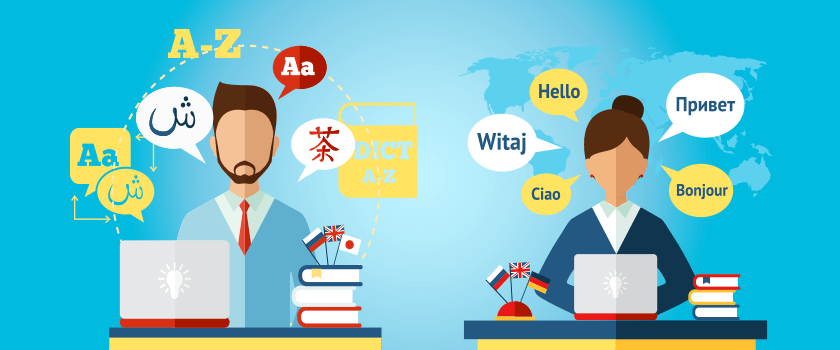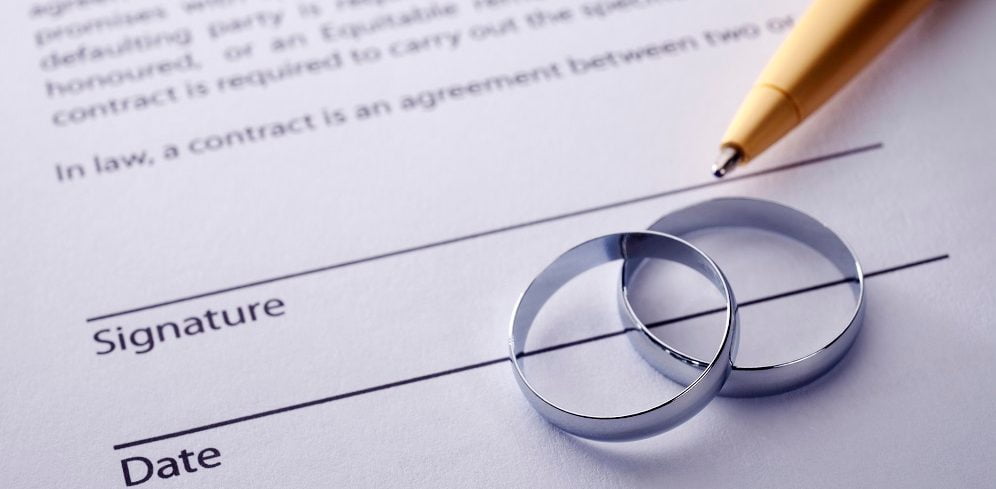Due to a bustling economy, a high standard of living, and opportunities in various fields, Dubai and Abu Dhabi by themselves are considered the most highly sought-after destinations for expatriates. The paperwork required by the relevant authorities during the resident visa application process differs from the name of the visa applied for, whether it’s work, family sponsorship, or investor. The translation of legal documents is considered one of the most important changes in the process for many expatriates. It is important to note that not just any translation will the translation needs to be certified, with legal weight.
Then, which kind of languages needs certified legal translation for obtainment of residency in Dubai and Abu Dhabi? Besides, what does an Embassy-approved translation imply in that regard? Let’s go ahead and find out.
Understanding Certified Legal Translation in the UAE
Before entering the concrete languages, it is paramount to grasp certified or legal translation in Dubai or Abu Dhabi.
Legal translations in the UAE are a regulated affair, whereby actual documents like birth certificates, marriage licenses, school results, or police clearance certificates are translated into Arabic or vice versa by an official translator who has secured a license from the Ministry of Justice of UAE. Such translations must bear the stamp of an authorized legal translator to be accepted by government departments, immigration authorities, and courts.
More often, embassy-approved translation is required too, meaning the translated documents may need to be attested or certified by the appropriate embassy/consulate of your home country in the UAE.
The Importance of Arabic Translation
The UAE is an Arabic-speaking country, and government institutions require that all official paperwork be either originally in the Arabic language or legally translated into Arabic. English, while understood quite well in business and education, does not serve as a substitute for the official language in legal documentation.
So if your documents are in any language other than Arabic, then a certified legal translation into Arabic is required for you to complete your residency procedure.
Common Languages Requiring Certified Legal Translation Services
Some of the more commonly seen languages needing certified legal translation services in Dubai and Abu Dhabi for residency are:
Russian
For residency applications in the UAE, Russian nationals are required to have their official documents translated. Married certificates, academic degrees, and all manner of documents would need certified translation by a legal translator in Dubai and, in some cases, be attested by the embassy or consulate.
French
Documents originating from French-speaking countries, like France, Canada, and several African countries, are issued in French. Such documents must be translated into Arabic before being lodged with UAE authorities. Certain visa categories, including family sponsorship or business investment, require high-quality legal translations, hence the need for certified services.
German
This may seem a little rare; however, German documents, especially those making reference to academic qualifications, are often submitted during the process of investor or skilled worker visa applications.
Legal Translation in Dubai & Abu Dhabi: The Real Scoop
German Docs? Oh, You’re Not Going Anywhere Without Translation
Got a degree, diploma, or business license in German? Yeah, don’t even try turning that in as-is. The UAE’s all about official Arabic paperwork. Sometimes, depending where you’re from or what visa you’re after, the embassy’s gotta give their blessing too. It’s paperwork on paperwork, my friend.
Spanish Stuff
Whether you’re repping Spain or Mexico or maybe you just love paella Spanish docs need Arabic translation for residency. We’re talking police clearances, marriage or birth certificates, and those fancy diplomas. The UAE immigration folks? They don’t mess around. Certified legal translation only, and it’s gotta tick every regulatory box.
Instances Suitable for Legal Translation?
Legal translation becomes a requisite in many cases for obtaining residency or dealing with official matters in the UAE. Whether we speak of a work visa, family sponsorship, Golden Visa for an investor or skilled professional, registering a company or property, in all such cases, official location documents must be presented in the Arabic language. The same is applicable for equivalency of academic qualifications or license processing in any field of profession. In all such cases, submitting documents in any other language rather than Arabic is simply not accepted.
Generally, such documents may be birth and marriage certificates, academic degrees, police clearance certificates, and sometimes even passports and statements of bank accounts that need certified legal translation in Dubai or Abu Dhabi. Power of attorney bonds and trade licenses especially if related to investment or business visa applications also come under this category. The essence is that when you have a document in any language other than Arabic, it simply must be translated through a certified translation for the said document to be legally affirmed under UAE law.
Conclusion
Alright, here’s the deal. If you’re thinking about moving, working, throwing your money around, or hitting the books in Dubai or Abu Dhabi, you better wrap your head around the whole legal translation circus. Basically, if your official docs aren’t in Arabic (and let’s be real most of us aren’t walking around with Arabic birth certificates), you gotta get them translated. Not just any Google Translate job, either. We’re talking the real deal: certified legal translation, or the UAE powers-that-be are gonna toss your papers right back at you. And yeah, they want this for everything Hindi, Urdu, French, Russian, Spanish, Chinese, Tagalog, you name it. It’s not just picky, it’s universal.
Depending on your visa flavor and where your papers come from, you might even have to drag your translations to the embassy for another stamp of approval. Bureaucracy at its finest, right?
Honestly, if you don’t wanna be stuck in endless paperwork hell, just find a legit, licensed translation company. Saves you from headaches, missed deadlines, and the horror of having to do everything twice. Whether you need this sorted in Dubai or Abu Dhabi, picking the right folks for the job is the difference between breezing through or getting stuck in the world’s most annoying game of document ping-pong. Good luck you’ll need it.


